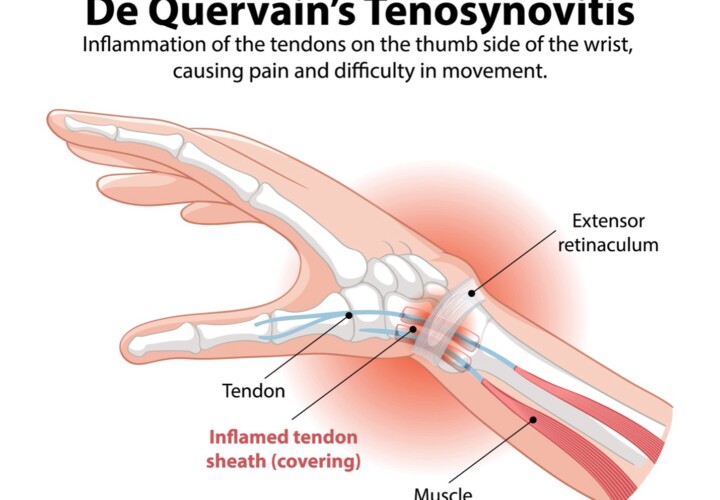Physical Therapy for Cancer Patients: Enhancing Recovery and Quality of Life
Cancer is a life-changing diagnosis, and while medical treatments like chemotherapy, radiation, and surgery focus on battling the disease, physical therapy (PT) plays a crucial role in the recovery process. For cancer patients, PT can address the side effects of treatment, improve overall function, and enhance quality of life during and after cancer treatment.
Why Physical Therapy for Cancer Patients?
Cancer treatments, though lifesaving, can have significant impacts on the body. Patients often experience fatigue, weakness, loss of mobility, and pain. These symptoms can make daily activities challenging. Physical therapy offers targeted interventions to help manage these side effects, providing much-needed support on the road to recovery.
Benefits of Physical Therapy for Cancer Patients
1. Regaining Strength and Mobility: Cancer treatments, especially chemotherapy, often result in muscle weakness and decreased endurance. A physical therapist can design a personalized exercise program to gradually rebuild strength, improve mobility, and increase stamina.
2. Managing Pain: Cancer patients often deal with pain due to tumors, surgical procedures, or treatment side effects. PT interventions like manual therapy, therapeutic exercises, and modalities such as heat or cold therapy can help reduce pain and discomfort.
3. Improving Balance and Reducing Fall Risk: Chemotherapy and other treatments can cause neuropathy (nerve damage), which affects balance and coordination. Physical therapists can provide balance training exercises and techniques to help reduce the risk of falls and keep patients safe.
4. Lymphedema Management: Many cancer patients, particularly those who have undergone surgery or radiation for breast cancer, experience lymphedema (swelling caused by lymphatic fluid buildup). Specialized physical therapists trained in lymphedema management use techniques like manual lymphatic drainage, compression garments, and exercises to reduce swelling and improve mobility (Hohman Rehab, 2023) .
5. Fatigue Management: Cancer-related fatigue is one of the most common and debilitating symptoms. Physical therapy focuses on energy conservation techniques, gentle exercises, and pacing strategies to help patients manage their energy levels and reduce fatigue.
6. Enhancing Quality of Life: Physical therapy goes beyond just physical recovery. By improving mobility, reducing pain, and managing other treatment side effects, PT helps cancer patients regain independence and return to daily activities they enjoy.
When Should Cancer Patients Start Physical Therapy?
It’s never too early or too late to begin physical therapy during cancer treatment. Ideally, patients can start PT as soon as they receive a cancer diagnosis to build a strong foundation of physical health before starting treatments like chemotherapy or surgery. However, even those who are in the later stages of treatment or have completed it can benefit from PT to regain function and improve long-term outcomes.
How to Get Started
If you or a loved one is undergoing cancer treatment, ask your oncologist about a referral to a licensed physical therapist who specializes in cancer rehabilitation. They can create a personalized care plan tailored to your specific needs, helping you navigate the recovery process with confidence and support.
At Hohman Rehab and Sports Therapy, we understand the unique challenges cancer patients face. Our expert therapists are trained in oncology rehabilitation and can guide you through a safe and effective recovery plan. Whether you’re managing fatigue, pain, or lymphedema, we’re here to help you regain your strength and improve your quality of life.
If you would like more information or need assistance in starting physical therapy during or after cancer treatment, don’t hesitate to reach out to us at Hohman Rehab and Sports Therapy!
Contact Us: Phone: 855-404-6908
Locations: Clermont & Ocoee, FL
Website: www.hohmanrehab.com
Stay strong, and remember, you don’t have to navigate your recovery alone.




